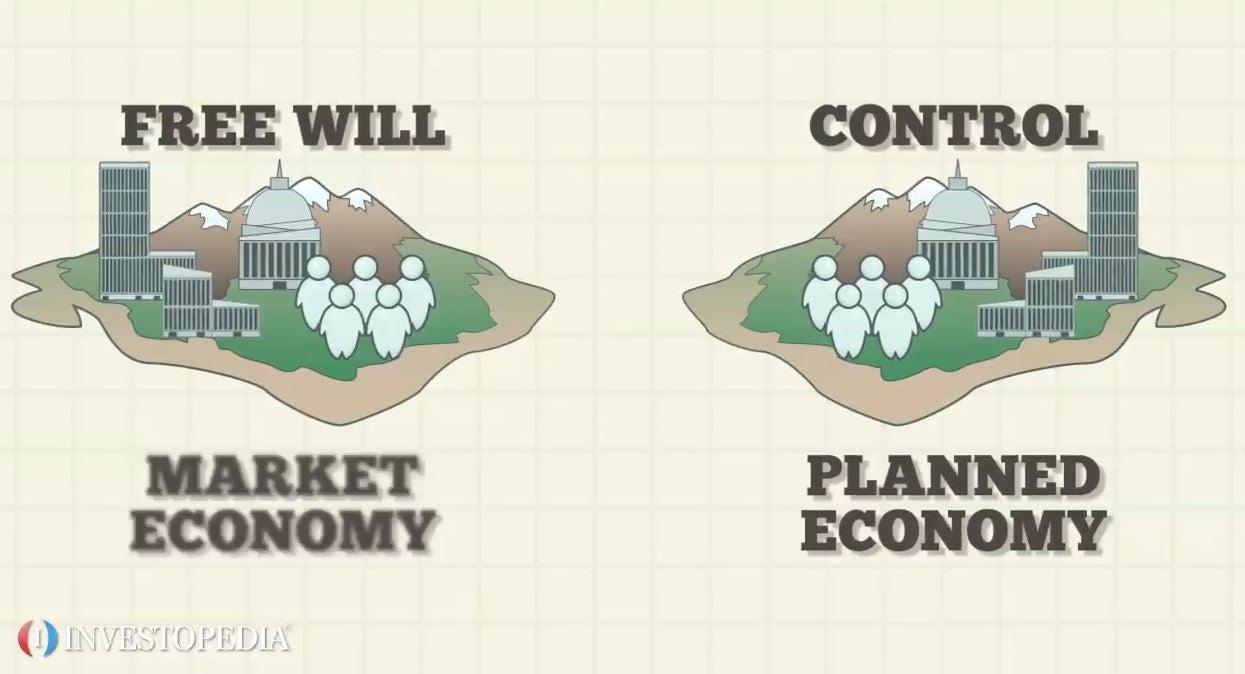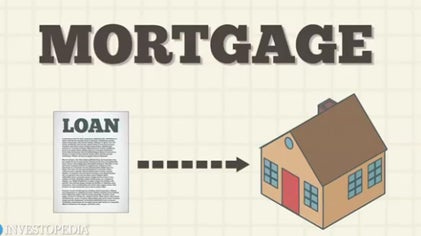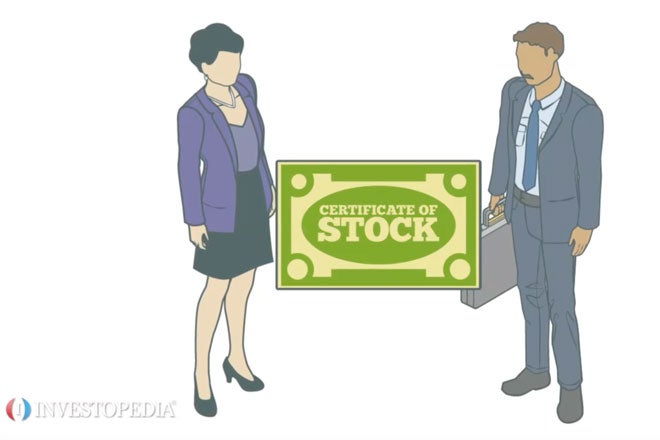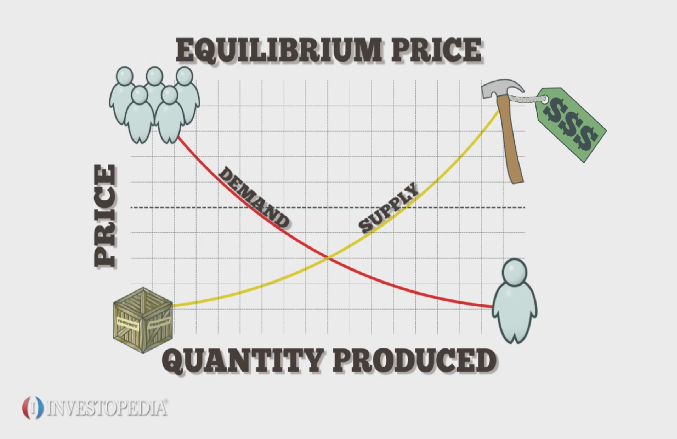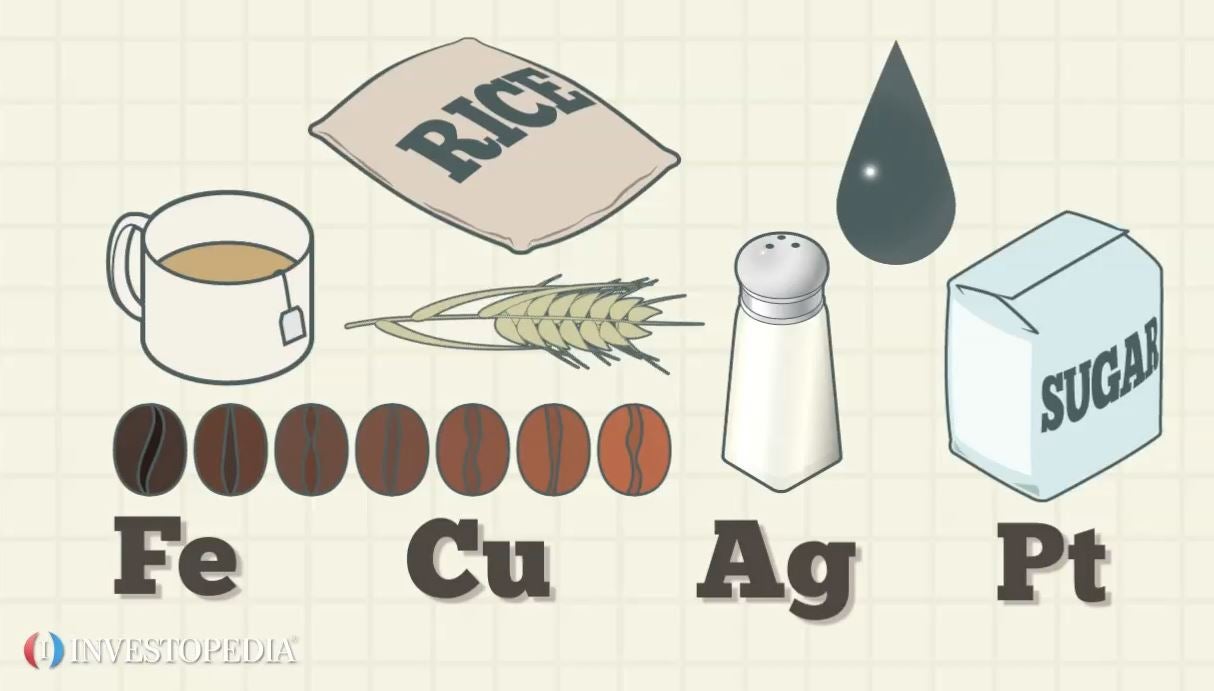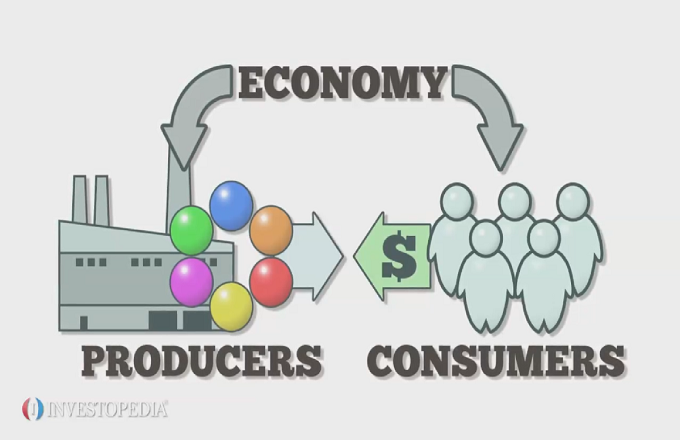Free market refers to an economy where the government imposes few or no restrictions and regulations on buyers and sellers. In a free market, participants determine what products are produced, how, when and where they are made, to whom they are offered, and at what price—all based on supply and demand.A purely free market does not exist—because all countries choose to impose some level of central decisions and regulations. For example, many countries forbid producers from polluting, pricing below cost, or being a monopoly. In addition, they often require minimum safety standards, disclosure of ingredients, licensing of certain professionals, and protection of original ideas, to name just a few. Many governments control money supply to minimize the negative effects of natural economic expansion and contraction. Free market can also be more of a subjective term. In western democracies, governments that are elected by citizens pass regulations. Therefore, these regulations protect a majority of citizens, and reflect their values. These markets feel free to most of the citizens, even when they are highly regulated. In autocratic governments, non-elected governments impose major market decisions. These rules tend to feel oppressive, even if there may be fewer overall regulations. The pros and cons of a free market are subject to debate all over the world, and are one of the major dividing lines between capitalist and communist economies.
